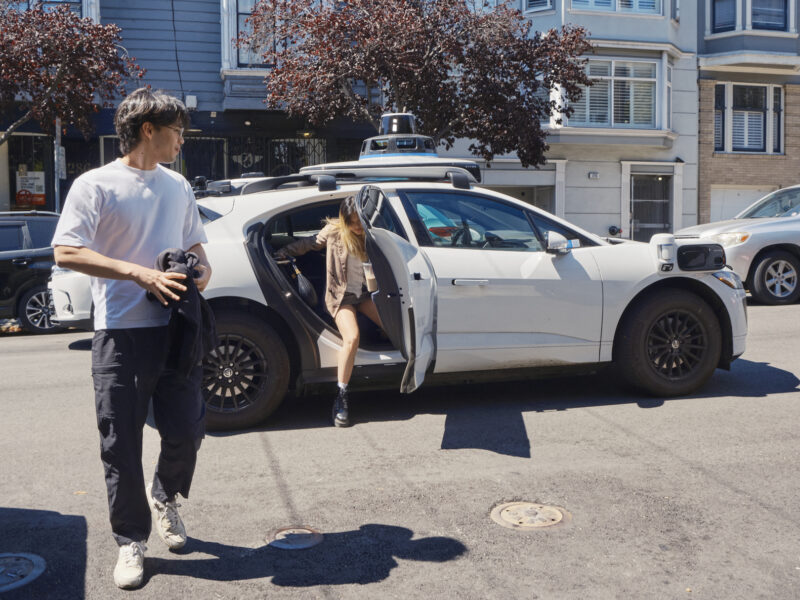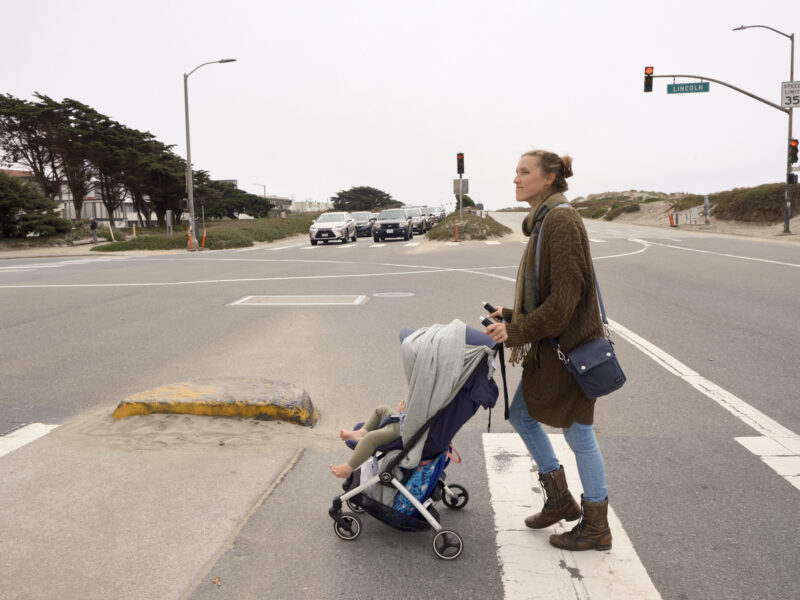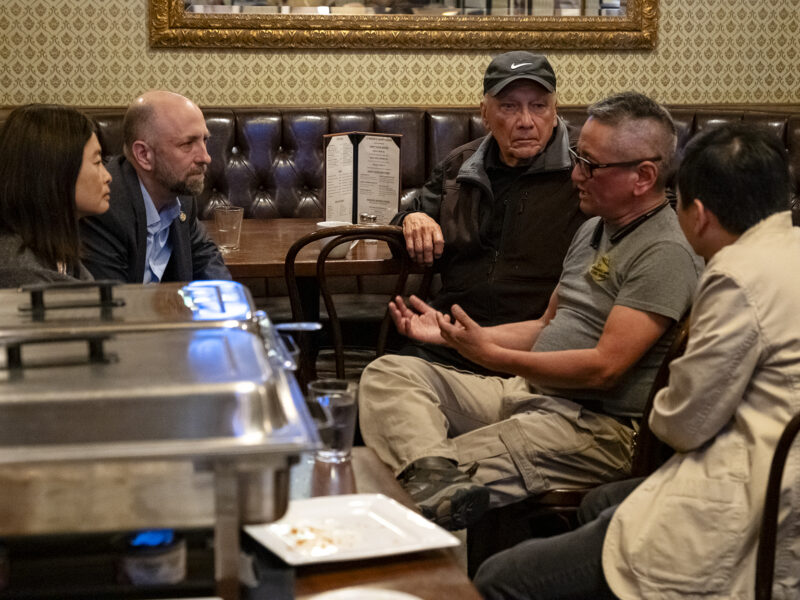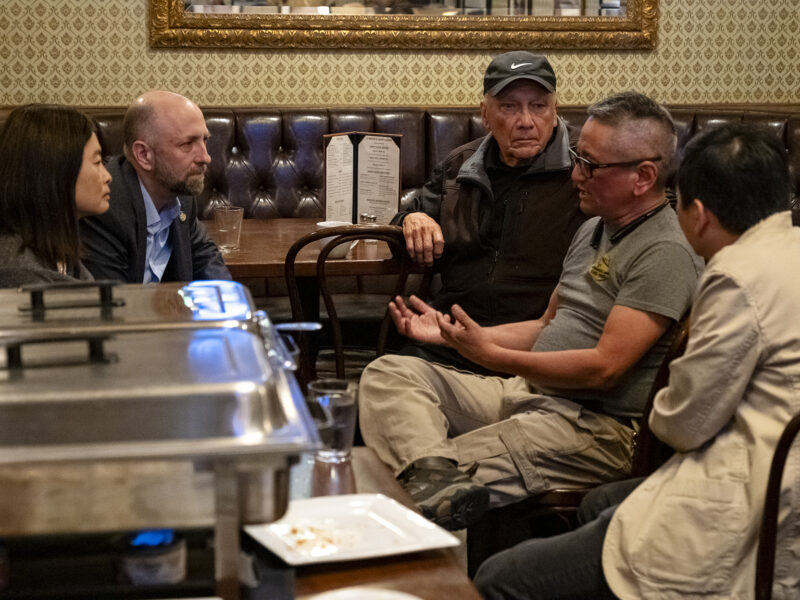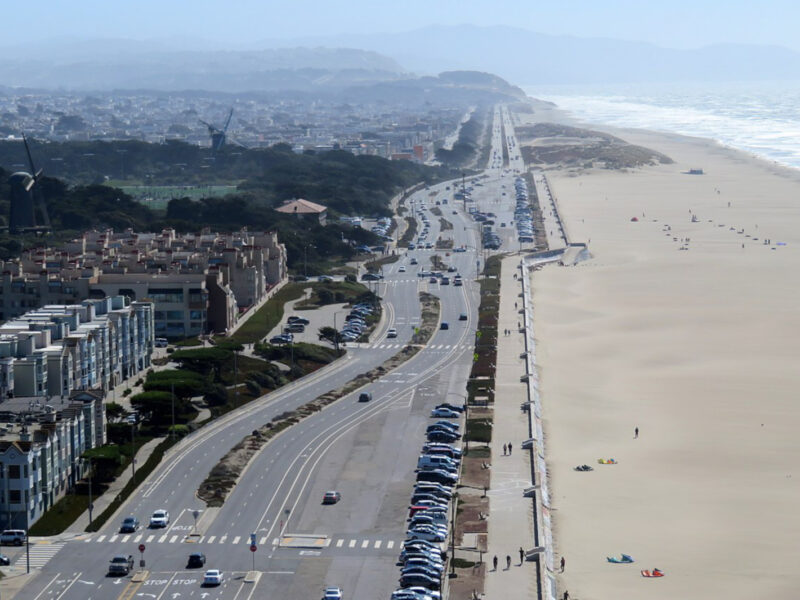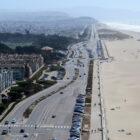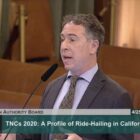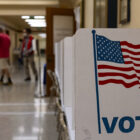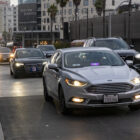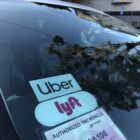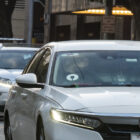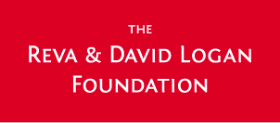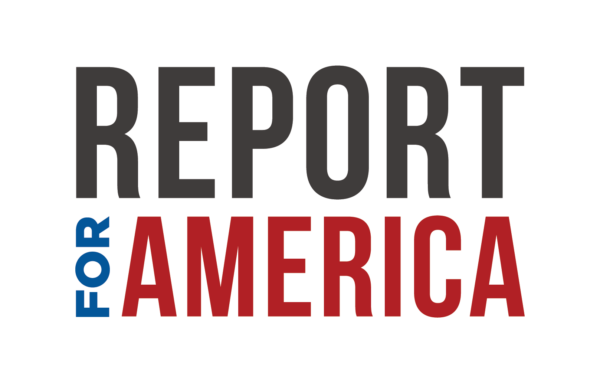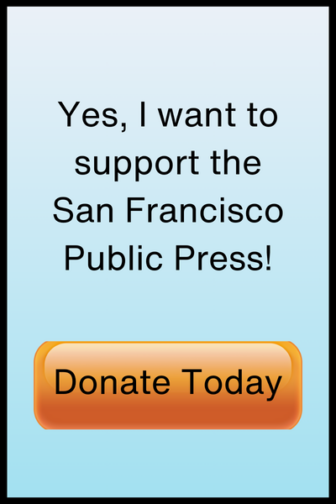See our November 2024 SF Voter Guide for a nonpartisan analysis of measures on the San Francisco ballot, for the election occurring Nov. 5, 2024. The following measure is on that ballot. Proposition L would tax ride-hail companies, including those that operate self-driving cars, and devote the tax revenue to improving San Francisco’s public transit. Listen to a summary of what this ballot measure would do.
Community
Merchants Oppose Ballot Measure to Turn Great Highway Into Park
A group representing dozens of merchants in the Sunset District is objecting to a ballot measure that would close San Francisco’s Great Highway to cars and transform it into a park.
The closure could hurt businesses on the west side of the city, the group said, by slowing car traffic to them. That might reduce clientele foot traffic and delay the delivery of merchandise for sale.
Transportation
Local Planners Say State Failed to Track Safety Incidents on Uber and Lyft
The state agency responsible for ensuring Uber and Lyft rides are safe failed to consistently track the number of accidents, assaults and drunk driving complaints that occur on them, according to a new study by San Francisco traffic planners.
The California Public Utilities Commission did not even consistently collect the most basic industry information, such as ride requests and miles driven, the report from the San Francisco County Transportation Authority shows.
Elections
SF Residents’ Concerns Were All Over Ballot. What Did Voters Say?
San Francisco residents revealed their top local concerns in a recent Public Press poll. They were given the chance to weigh in on some of those matters during this November’s election.
Elections
Proposition N — Golden Gate Park Underground Parking Facility; Golden Gate Park Concourse Authority
Proposition N would give the San Francisco Recreation and Parks Department control of the Music Concourse Garage in Golden Gate Park. The 800-space parking garage is managed by a nonprofit created by a ballot measure in 1998 that raised private donations to help finance the facility. Supporters of Proposition N cite a series of financial scandals and mismanagement of the garage and say the parking lot is underutilized because parking rates are set too high. They want to amend the earlier ballot measure to give control of the facility to Rec and Park.
Elections
Proposition L — Sales Tax for Transportation Projects
Proposition L is a proposed extension of the city’s current 0.5% sales tax until 2053 to help fund public transportation projects. The measure also allows the city to issue up to $1.91 billion in bonds to be repaid with proceeds from the tax, which the city controller estimated will generate $100 million per year in its early years, increasing to about $236 million by 2052. Revenue from the tax would be used to fund the 2022 Transportation Expenditure Plan, which includes a variety of programs focused on basic transit maintenance, major transportation improvements, paratransit services, congestion reduction, pedestrian and bike safety, and community-based equity planning.
Elections
Proposition J — Recreational Use of JFK Drive in Golden Gate Park
Proposition J is primarily designed to counter another measure on the ballot — Proposition I — which would overturn a Board of Supervisors ordinance passed in April 2022 closing off John F. Kennedy Drive in Golden Gate Park to motorized vehicles.
Elections
Proposition I — Vehicles on JFK Drive in Golden Gate Park and the Great Highway
Proposition I would overturn an ordinance that has closed John F. Kennedy Drive in Golden Gate Park to most private motor vehicles seven days a week and closed the Great Highway along Ocean Beach to such traffic on weekends and holidays. The city would be forbidden from proceeding with plans to eventually close the Great Highway between Sloat and Skyline boulevards — a stretch that is subject to coastal erosion.
Transportation
Uber, Lyft Must Adopt Measures to Prevent Sexual Assaults, California Regulator Rules
Nine years after becoming the first agency in the nation to legalize ride-hailing — and after thousands of publicized sexual assaults on Uber and Lyft rides — the California Public Utilities Commission for the first time is requiring the industry to adopt comprehensive measures to prevent such attacks.
In a previously unreported vote last month, the commission issued a decision requiring that all ride-hailing firms train drivers to avoid sexual assault and harassment, adopt procedures for investigating complaints and use uniform terminology in their annual reports to the agency so it can accurately monitor them.
Transportation
Utilities Agency Admits More Problems in Tracking Ride-Hailing Assaults
The state agency responsible for ensuring that rides with Uber and Lyft are safe has acknowledged that it failed to consistently monitor passenger complaints about rapes and assaults for years. The California Public Utilities Commission confirmed in an unpublicized ruling that it had let the ride-hailing giants use varying definitions of sexual assault and harassment in their mandatory reports to the agency since at least 2017.
Transportation
Officials Demand Reform on Uber, Lyft Assault Reports
Two key elected officials have criticized the California Public Utilities Commission’s inconsistent collection of information on passenger complaints about assaults and threats on Uber and Lyft rides and called for reforms. A leading researcher on sexual assault added that the commission’s methodology was out of line with accepted practice and that it suggested a “lack of concern” about monitoring the incidents.
